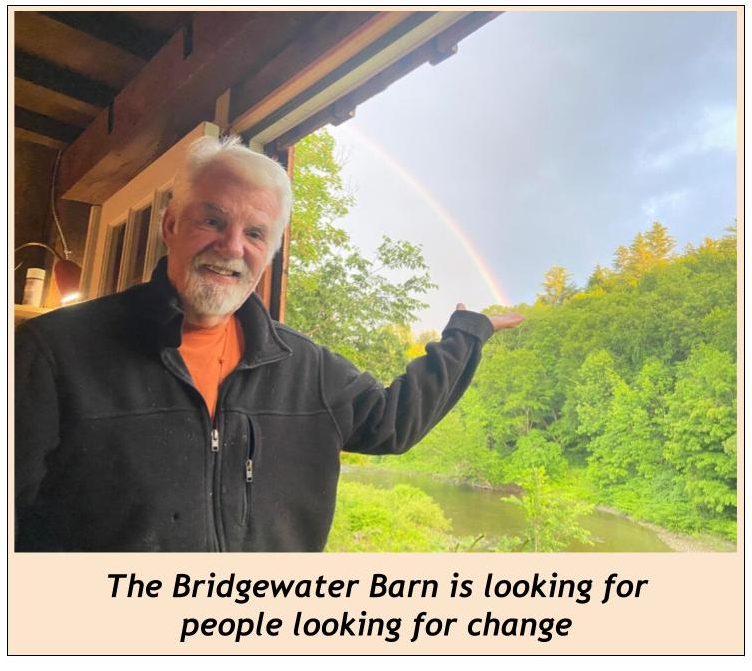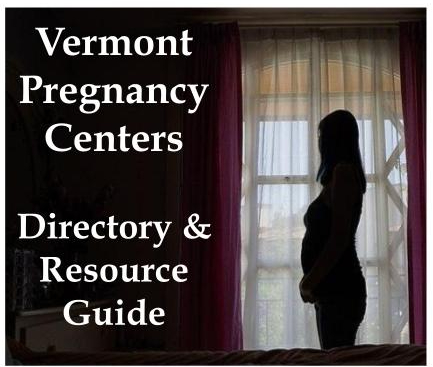
by Jennifer Dawson
Vermont was recently ranked first in the country for lowest pollution health risk and third for best air quality, the U.S. News’ 2024 Best State Ranking reveals. Although Vermont’s air quality is generally excellent, common seasonable contaminants like pollen and smoke mean the air isn’t completely pollution-free. Seasonal allergies persist from early spring through to the first winter freezes, while backyard burning can also cause smoke pollution in the spring and summer. By taking steps to improve indoor air quality during these seasons, Vermonters can keep their homes healthy and allergy symptoms at bay.
A run-down of Vermont’s allergy seasons
Spring allergy season generally runs from March to May in Vermont. During these months, irritants like pollen and mold start to circulate as the temperatures warm up. Although many Vermonters mistakenly blame flowers for their allergies, trees are actually the largest emitters of pollen. Maple, oak, willow, ash, birch, hickory, mulberry, and cedar are Vermont’s main culprits. Then, once we move into summer, grass allergies can start to flare up, usually from May to August. Vermont is, of course, home to abundant wild grasses. Fescue, ryegrass, sweet vernal, prairie grasses, and bent are the main varieties that commonly cause allergic symptoms.
Yet, fall temperatures and cooler weather aren’t enough to keep allergies at bay. Weeds spring up as Vermont’s main allergen during this season. Ragweed, orache, wormwood, and amaranth are all prevalent allergens that persist until winter.
Seasonal allergies are worse than ever
According to experts, more people are now affected by seasonal allergies and their symptoms are more prolonged and more severe. North America’s pollen season currently begins twenty days earlier and lasts eight days longer than it did three decades ago. 20% more pollen is also emitted each year. And, these figures are mostly set to double over the next eighty years. It turns out climate change is largely to blame as plants thrive in warmer temperatures. So, although this is a great development for Mother Nature, it’s not so good for people with allergies.
How to improve indoor air quality
Keeping windows and doors closed is the easiest way Vermonters can stop harmful particulate matter and allergens entering their homes during allergy seasons. A simple AC unit can also help purify indoor air. As these units continually circulate air through the home, they remove heat and humidity, as well as catch unwanted particulates in air filters — all without drawing in polluted outdoor air. That said, it’s important to regularly change the AC’s filter at least once every three months, so it continues to work optimally. Additionally, “replacing a dirty, clogged filter with a clean one can lower your air conditioner’s energy consumption by 5% to 15%”, the U.S. Department of Energy explains. So, regular AC filter replacements also make sense from an energy-saving perspective.
Spring, summer backyard burning causes smoke pollution
In addition to pollen, smoke pollution caused by backyard burning can also sometimes affect Vermont’s air quality during spring and summer. Although burning garden waste like deadwood, leaves, brush, and tree cuttings is permitted by Vermont’s Air Pollution Control Regulations, residents are reminded not to generate excessive smoke. “Burning materials from spring cleanup can release harmful pollution that can impact neighboring properties,” says Department of Environmental Conservation (DEC) Commissioner Jason Batchelder.
Backyard burning best practices
Before lighting up, Vermonters are urged to first check the Air Quality Forecast and hold off if atmospheric conditions aren’t conducive to smoke dispersion. Green materials should also be left to dry out first before burning, while wind speed and direction should also be factored into the decision to burn. Residents also need to get a local burn permit from the Town Fire Warden. “By following these guidelines, Vermonters can help reduce air pollution, avoid nuisance impacts, and protect human and environmental health,” says Batchelder. “Our best suggestion is to avoid burning altogether and let the materials decompose naturally,” John Wakefield, Compliance Section Chief for the DEC Air Quality and Climate Division also advises.
Despite the usual seasonal variations, Vermont’s air quality is generally very good. By taking smart steps to improve indoor air quality during allergy and backyard burning seasons, Vermont residents can keep their homes healthy and allergy symptoms at bay.
The author is a freelance journalist and lover of all things current affairs. She has worked for several local and regional publications but now prefers to write more freely. When not writing, she’s at the beach with her daughter and her dogs.
Categories: Environment, Outdoors








Or it could be chem trails, bio weapons, or direct energy weapons. I’m sure they have a new lab stew to inject DNA altering, transhumanizing goo to fix the problem. Safe and effective!
Demonizing God’s creation and suggesting that man – oh hubrixt man – can do better… OR that pollination season is something we can control, or better yet… do without.
Our allergies are a symptom of our BODILY terrain — people who’ve been vaccinated (children and adults) have long histories of allergies… I am not allergic to anything… my body doesn’t LIKE toxins and pollutants in our food, water, and air …but those are legit…and of course, hubrixtly manmande (hubris people hubris) —
Lets stop blaming the symptom and get to the cause — the poisonous strontium, barium, aluminum and sulphur that affects ALL our organs, and compromises our immune system….and our body tries to expelll (exude/exudate) it…
Oh people… leaving LIFE up to humans has NEVER turned out well.
This is purely God’s domain — and ours only by HIS WILL.
must be those man made fires north of our border////